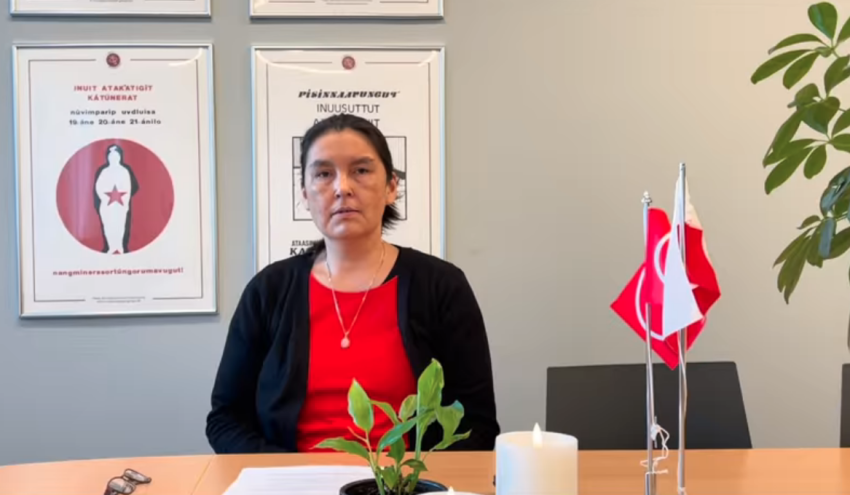
Greenland’s Inatsisartut (parliament), passed a law, on November 9, reinstating the country's ban on the prospecting, exploration and exploitation of uranium, which had been lifted in 2013.
"The mining of all uranium and mining of ores containing more than 100 parts per million of uranium or other radioactive substances (first and foremost thorium) will be banned in future," Niels Henrik Hooge from NOAH Friends of the Earth Denmark told Green Left.
"The new uranium act is expected to prevent the big rare earth and uranium mining project at Kvanefjeld (owned by Australian mining company Greenland Minerals Ltd) from proceeding, as well as large-scale mining projects at Motzfeldt Sø and Milne Land in Southern Greenland and Safartoq and Tikiussaq in Western Greenland.
"Until the last minute, it appeared to be touch-and-go for the bill. During the second reading in the Committee for Trade, Commerce, Mineral and Oil Resources, a majority unexpectedly emerged in the Committee for a referendum on the bill and the deletion of its Section 2 on prohibition of other radioactive substances, which would have weakened the bill considerably.
"However, none of the members of the government coalition broke ranks and the bill was adopted in the parliament with 12 votes against 9."
Kalaallit Nunaata Radioa, the Greenlandic Broadcasting Corporation, reported that the proposals to weaken the bill came from the opposition Siumut and Atassut parties but were rejected by the governing coalition parties, Inuit Ataqatigiit and Naleraq.
Back in 2013, Siumut and Atassut led the narrow 15–14 vote to repeal a uranium ban that had been enforced since 1988.
Australian Conservation Foundation nuclear campaigner Dave Sweeney welcomed the news of the ban as a clear expression of the view of the local community and called on potential uranium operators to accept that they do not have a formal or social license to operate.